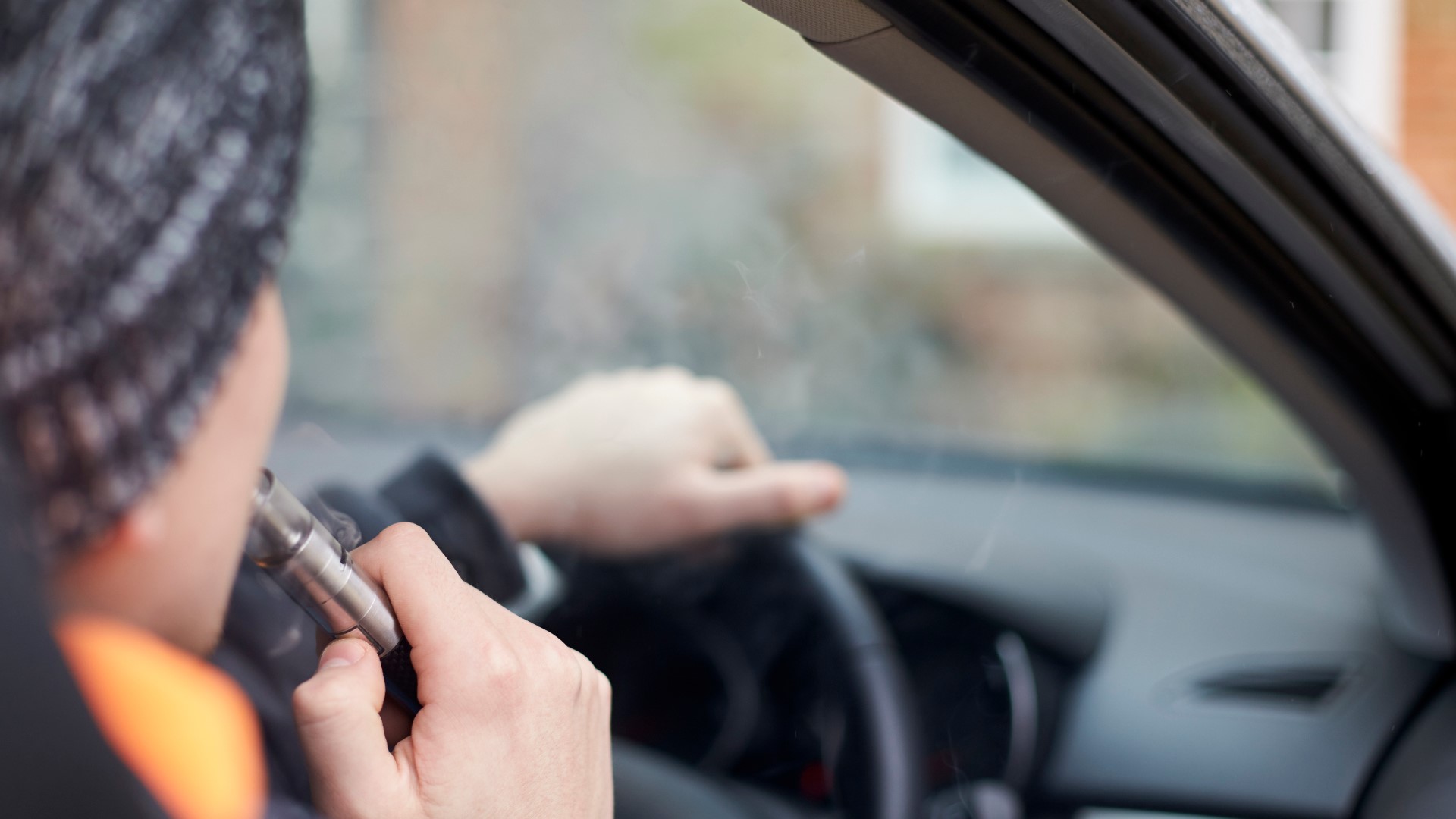HUNTSVILLE, Ala — We've known for decades that secondhand tobacco smoke leads to health problems, and there is no safe level of exposure for children or adults. But what about vaping and "thirdhand" exposure?
"I think the marketing in the beginning when they were first put out, was misleading." Dr. Pippa Coulter is talking about something you've probably seen...vapes. "So the kids who are exposed to secondhand vape are inhaling stuff like benzene, which causes leukemia. With our kids lungs and brains and immune system and so on, I think that's the safest thing is not to expose them."
Health risks are not the only problem, says Coulter. "If they're exposed to smoking cigarette smoking in cars, they're more likely to be smokers themselves later." That's specifically related to smoking in cars. However, when California outlawed smoking in 2007, Coulter shares that there was a sharp decrease in asthma incidents."
University of San Francisco pediatrician Valerie Gribben also thinks how children receive the smoke in an enclosed space. "A child can't get out. So in like a car or a small room, a child is really trapped." And while she says there's a lot more to learn about the effects of secondhand vaping on children she says, "Children are young, their lungs are fragile, their bodies are developing. their brains are developing, and what we know is that vaping and smoking really have toxic effects on growing kids."
Another form of exposure you need to know about is thirdhand smoke. Gribben explains, "So thirdhand smoke is basically these chemicals and residuals that are left over from smoking that actually cling to different to different surfaces." Even if you and your family aren't smoking, there can be residual effects in certain surfaces. "We know that over time, these substances can kind of cause like gas leaks and kind of like leech from the walls and really still have residual effects for years down the line."
For those who are looking to quit, the Alabama Department of Public Health has a program called the Alabama Tobacco Quitline. Dial 1-800-QUIT- NOW. They provide the materials to help people to see smoking or vaping.
The Alabama Tobacco Quitline (1-800 Quit Now) is a free telephone and online coaching service for any Alabamian who is ready to quit tobacco.
Information, referrals and counseling are confidential, and sessions are designed on a schedule convenient for the caller. Those who enroll in the counseling program can receive, if medically eligible, up to eight weeks of nicotine patches to assist in quitting. Call 1-800 Quit Now (1-800-784-8669) or visit www.quitnowalabama.com to enroll in the program.
All services are free for Alabama residents.

